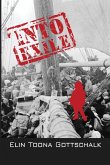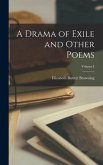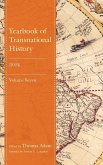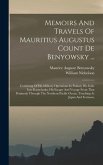This book proposes a fundamental relationship between exile and mapping. It seeks to understand the cartographic imperative inherent in the exilic condition, the exilic impulses fundamental to mapping, and the varied forms of description proper to both. The vital intimacy of the relationship between exile and mapping compels a new spatial literacy that requires the cultivation of localized, dynamic reading practices attuned to the complexities of understanding space as text and texts as spatial artifacts. The collection asks: what kinds of maps do exiles make? How are they conceived, drawn, read? Are they private maps or can they be shaped collectively? What is their relationship to memory and history? How do maps provide for new ways of imagining the fractured experience of exile and offer up both new strategies for reading displacement and new displaced reading strategies? Where does exilic mapping fit into a history of cartography, particularly within the twentieth-century spatial turn? The original work that makes up this interdisciplinary collection presents a varied look at cartographic strategies employed in writing, art, and film from the pre-Contact Americas to the Renaissance to late postmodernism; the effects of exile, in its many manifestations, on cartographic textual systems, ways of seeing, and forms of reading; the challenges of traversing and mapping unstable landscapes and restrictive social and political networks; and the felicities and difficulties of both giving into the map and attempting to escape the map that provides for exile in the first place. Cartographies of Exile will be of interest to students and scholars working in literary and cultural studies; gender, sexuality, and race studies; anthropology; art history and architecture; film, performance, visual studies; and the fine arts.
Hinweis: Dieser Artikel kann nur an eine deutsche Lieferadresse ausgeliefert werden.
Hinweis: Dieser Artikel kann nur an eine deutsche Lieferadresse ausgeliefert werden.

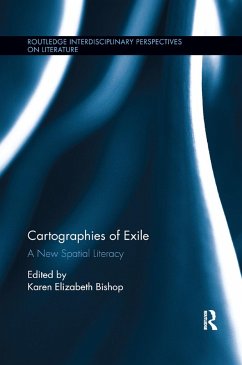
![Seven Years of My Life, or, Narrative of a Patriot Exile [microform]: Who Together With Eighty-two American Citizens Were Illegally Tried for Rebellio Seven Years of My Life, or, Narrative of a Patriot Exile [microform]: Who Together With Eighty-two American Citizens Were Illegally Tried for Rebellio](https://bilder.buecher.de/produkte/65/65544/65544109m.jpg)

